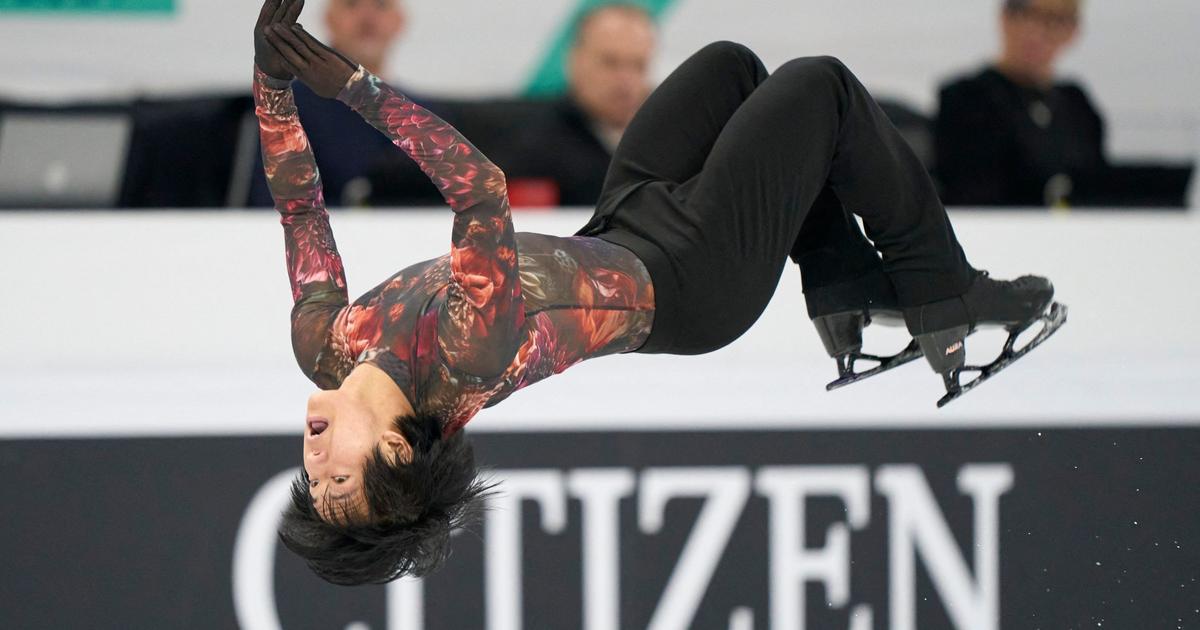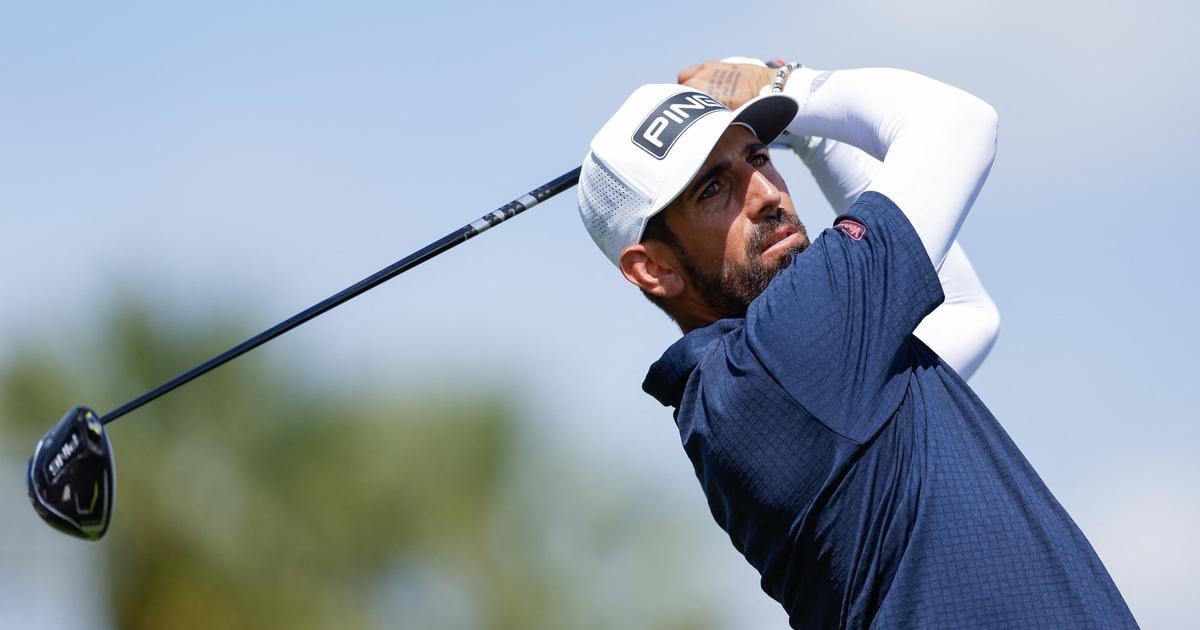Along with two Britons, Shankar Balasubramanian and David Klenerman, Pascal Mayer, a 58-year-old biophysicist from eastern France, received the Breakthrough Prize in the life sciences category.
This American prize, launched by entrepreneurs from Silicon Valley to reward breakthroughs in basic research, and endowed with $ 3 million (compared to a million for a Nobel Prize), rewards the technology developed by this scientist to sequence the virus of Covid-19.
This made it possible to decode the virus for the first time in January 2020, thanks to a super-fast and inexpensive technique of DNA sequencing. This technology, now used all over the world, also makes it possible to follow the various mutations of the virus and to identify and monitor new variants. Without this technique, it would be "much more expensive" and especially not "so fast", explains Pascal Mayer, who remembers that his idea in 1996 seemed a little crazy. “I looked pretty crazy when I talked about it”.
According to Pascal Mayer, the human genome contains more than three billion letters, divided into 23 chromosomes.
“It's a bit like having an encyclopedia, which would be divided into 23 volumes,” he explains.
To sequence the genome is to "read" the order of these letters.
A titanic job.
The sequencing of the first complete human genome was completed in 2003, after ten years and at a cost of over $ 1 billion.
Useful for diagnosing certain cancers and rare diseases
With his NGS technique, sometimes also called massive parallel sequencing, the process can now be done overnight for only around $ 1,000.
How is it possible ?
Instead of reading the pages of each book one by one, they are all read at the same time, simultaneously.
“It's as if you put all the leaves on a soccer field, and you were able to take a photo of the field at once,” explains the scientist.
Besides the fight against the pandemic, massive parallel sequencing is widely used to diagnose and treat certain cancers and rare diseases.
But also, for example, in the context of forensic investigations, to differentiate several people from the same sample at a crime scene.
The French do not receive anything from the profits made, not being the owner of the invention. "I'm a bit like the guy who invented the post-it", he jokes even though he hopes that this award will bring credibility to his company Alphanosos, founded in 2014 whose goal is to find a cure. against the coronavirus.













